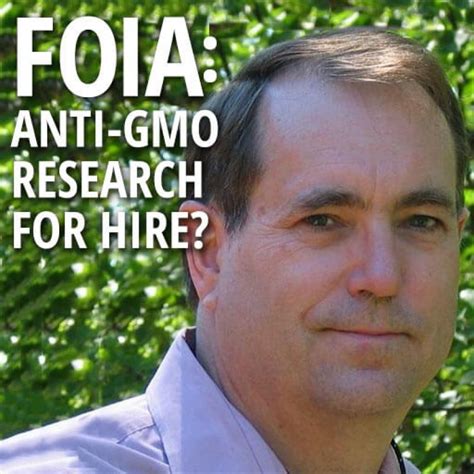A Quote by Carol Browner
Our actions today will protect children from the adverse effects of exposure to pesticides commonly used on foods. The agency also is on schedule to meet all deadlines for ensuring safer pesticides use under the new Food Quality Protection Act.
Related Quotes
What, then, is the effect of pesticides? Pesticides have created a legacy of pain, and misery, and death for farm workers and consumers alike. The crop which poses the greatest danger, and the focus of our struggle, is the table grape crop. These pesticides soak the fields. Drift with the wind, pollute the water, and are eaten by unwitting consumers. These poisons are designed to kill, and pose a very real threat to consumers and farm workers alike.
The farmer and the farm, like "the environment," are looked upon, for example, as means to offset trade deficits. The farm is a place where we can externalize costs. The cost of pesticides to the farmer and the cost of the pesticides to the soil and groundwater are regarded similarly by the public: "a serious problem that something ought to be done about." But the problem is more fundamental than this glib statement would indicate, for soil pollution is an expense of production. So are pesticides and nitrates in our farm wells. So is the loss of farmers from the land.
Industrial vomit...fills our skies and seas. Pesticides and herbicides filter into our foods. Twisted automobile carcasses, aluminum cans, non-returnable glass bottles and synthetic plastics form immense middens in our midst as more and more of our detritus resists decay. We do not even begin to know what to do with our radioactive wastes - whether to pump them into the earth, shoot them into outer space, or pour them into the oceans. Our technological powers increase, but the side effects and potential hazards also escalate.
We are eating hybridized and genetically modified (GMO) foods full of antibiotics, hormones, pesticides, and additives that were unknown to our immune systems just a generation or two ago. The result? Our immune system becomes unable to recognize friend or foe - to distinguish between foreign molecular invaders we truly need to protect against and the foods we eat or, in some cases, our own cells. In Third World countries where hygiene is poor and infections are common, allergy and autoimmunity are rare.
Here in the United States, a study of nearly 700 women in California showed an increased risk of fetal death among babies whose mothers lived near crops when certain pesticides were sprayed. The largest risks were found among pregnant women exposed during the critical first trimester and among those who lived in the same square mile where pesticides were used.
































